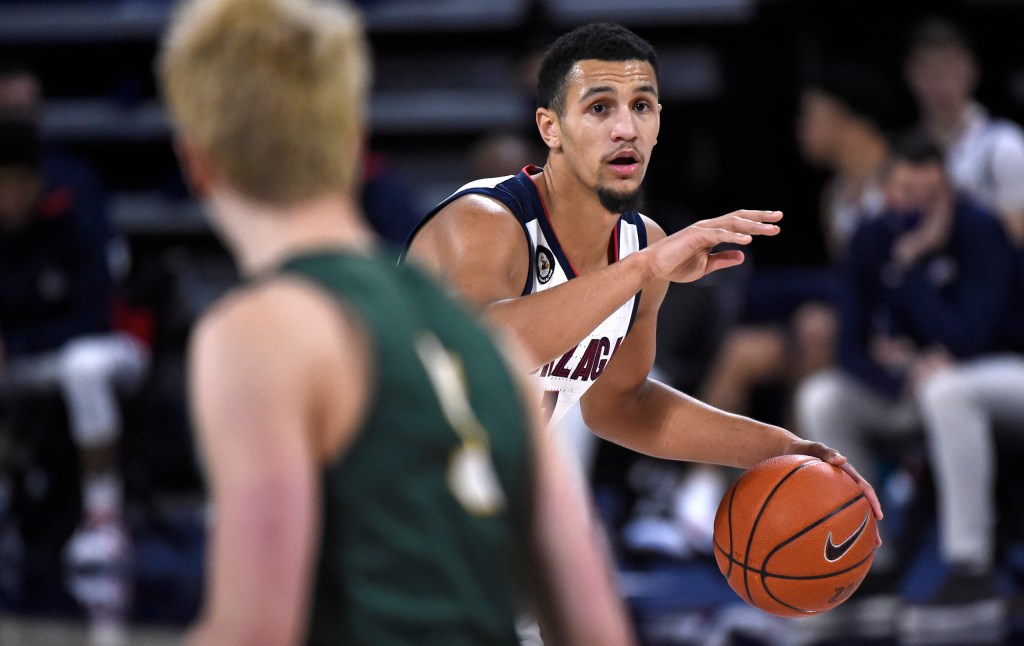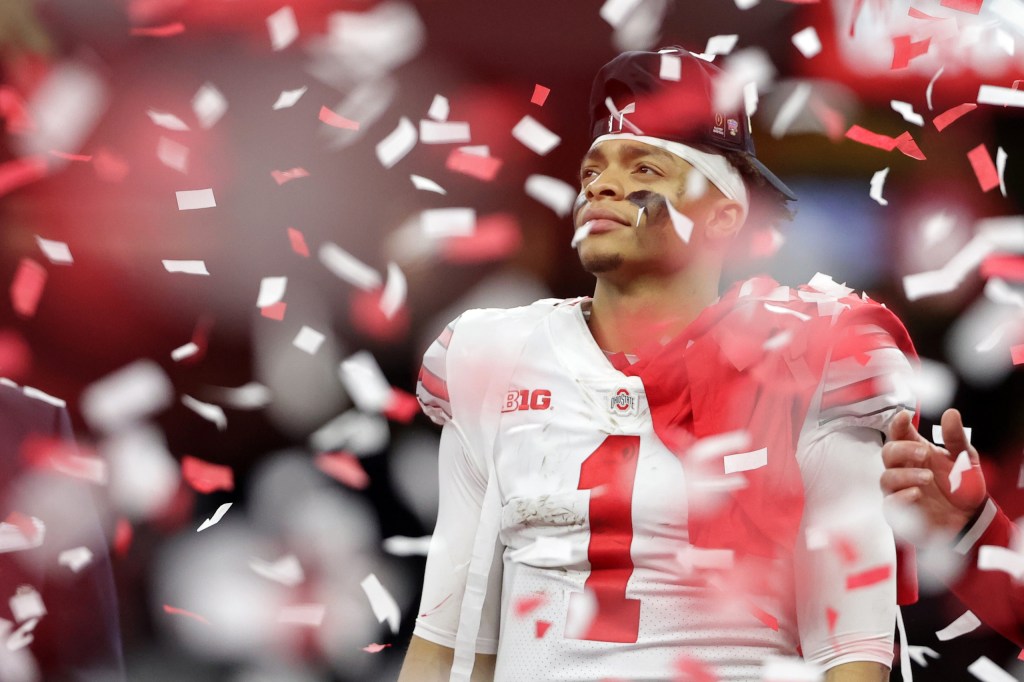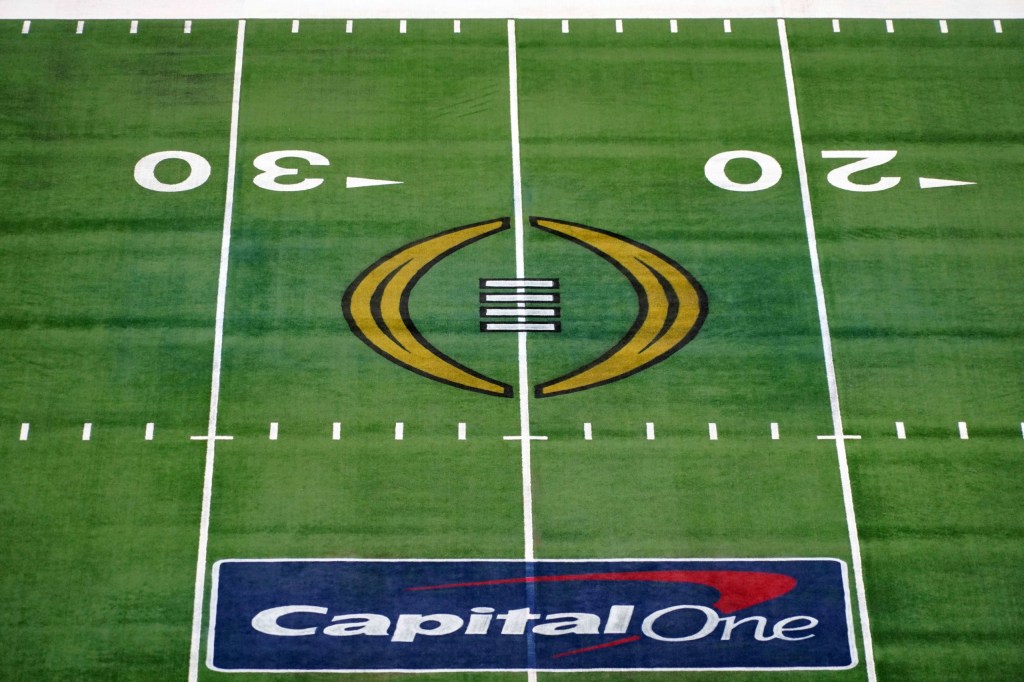As Notre Dame men’s basketball coach Mike Brey was telling reporters he’s “not sure we can make it” to March Madness given rising COVID-19 cases, the NCAA released its plans to plow ahead with the men’s Big Dance in a semi-bubble environment in Indianapolis.
The NCAA is desperate to stage the men’s tournament because it pays out more than $800 million each year to the governing body and schools — revenue that vanished after the 2020 tournament’s cancellation. Similarly, the Indianapolis economy, suffering without tourism, appears desperate to host.
“Indy was made for this moment,” Leonard Hoops, president and CEO of Visit Indy, said in a statement.
The Details
The landmark dates of Selection Sunday — March 14 — and the Final Four remain the same as of now. Here’s what the NCAA says the bubble will include:
- Marriott properties will house “most” teams, who will be sequestered to isolated dining, transportation, and practice courts at the Indiana Convention Center.
- Medical protocols, though not revealed by the NCAA, have been approved by the local health department, and will include a partnership with a local COVID-19 testing company.
- Programs including Butler, Purdue, Ball State and Indiana will serve as hosts.
The NCAA hasn’t yet decided whether it will allow fans, though players’ families can attend.
P.S. The “Mask Madness” trademark the NCAA filed last week will be used for “an initiative” to promote mask wearing, the NCAA announcement said. “As part of this program, the NCAA will donate thousands of masks throughout the state leading up to the tournament.”
Saving a Local Economy
The tournament could bring between $125 million and $175 million in net profit to the Indianapolis area, Ball State economics expert Michael Hicks told FOS. Here’s why, according to Hicks:
- March Madness will take place during a previously empty event calendar, making it perhaps more valuable than sporting events during normal times when they would just displace existing tourism.
- It will likely cost the city less than an event in normal times, given that the cost of extra police and transportation personnel to accommodate an influx of fans won’t be necessary.
- Families of players and media personnel who arrive will boost the ailing hotel and restaurant business, even if regular fans can’t attend.
What’s more, it showcases the area to potential future tourists, Hicks said. “The economic effect is extraordinarily large.”





